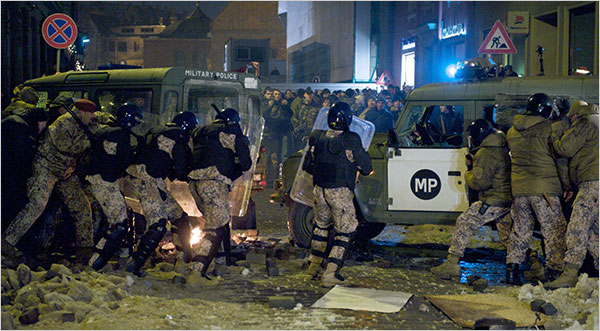Water landings, threats, and throwing bricks gently
My father (probably not very originally) used to tell me, “If you have to throw a brick at someone, throw it gently.” That sounded pretty stupid to me at the time, but I’ve since learned that it’s actually pretty good advice. What he seemed to have meant was, “if you have to threaten, warn, or otherwise say anything negative, temper it as much as possible.” If he had known anything about the differences among the speech acts of threatening, warning, and advising, he might have elaborated a little more. His words were brought home to me by three recent events: (1) my work trying to make the letters written by the Montana Department of Revenue clearer and more respectful; (2) my emergency landing at the Salt Lake City airport; and (3) the recent “water landing” of the U.S. Airways Flight 1549 in New York’s Hudson River.
Read the rest of this entry »
Permalink Comments off

